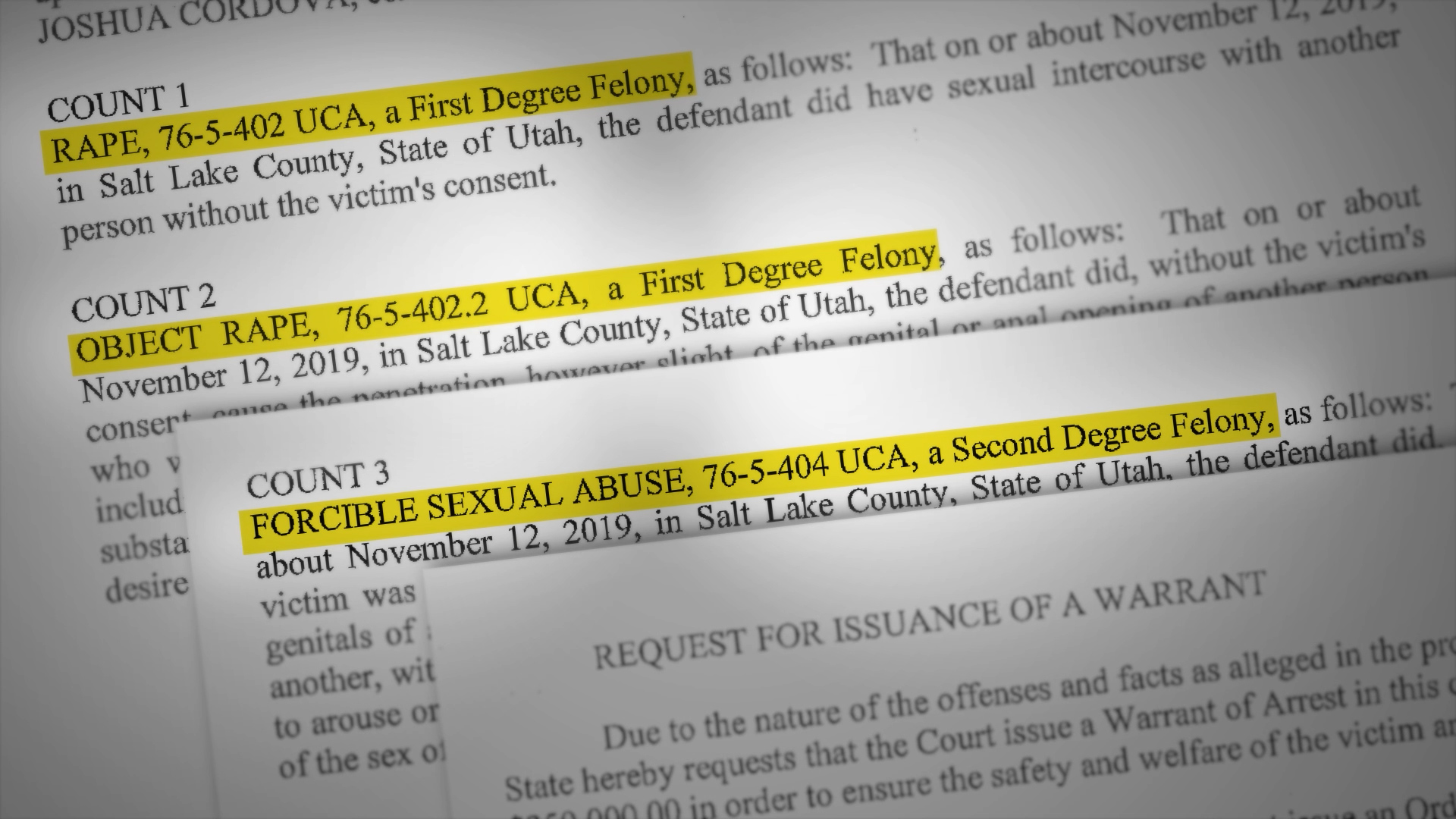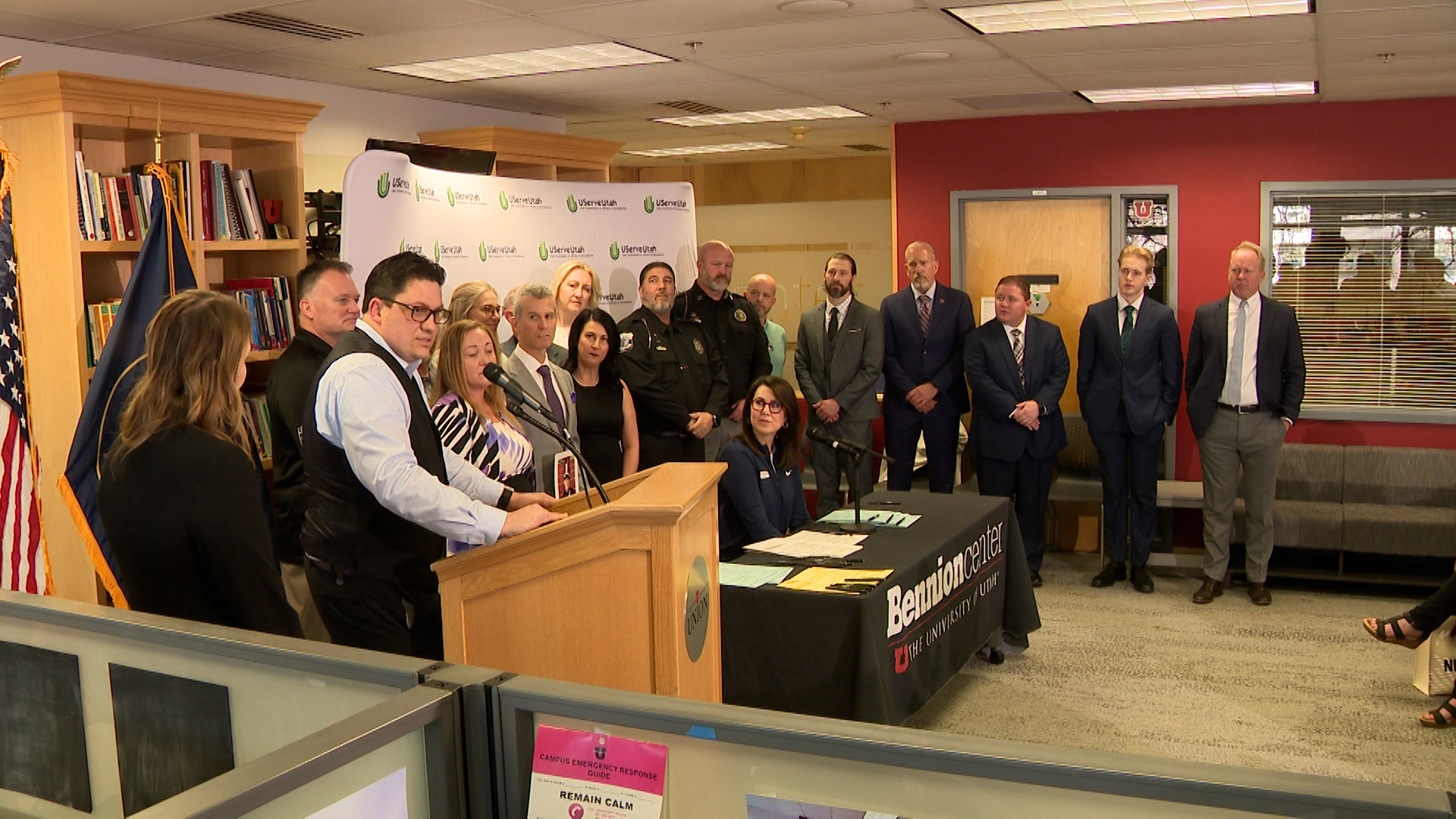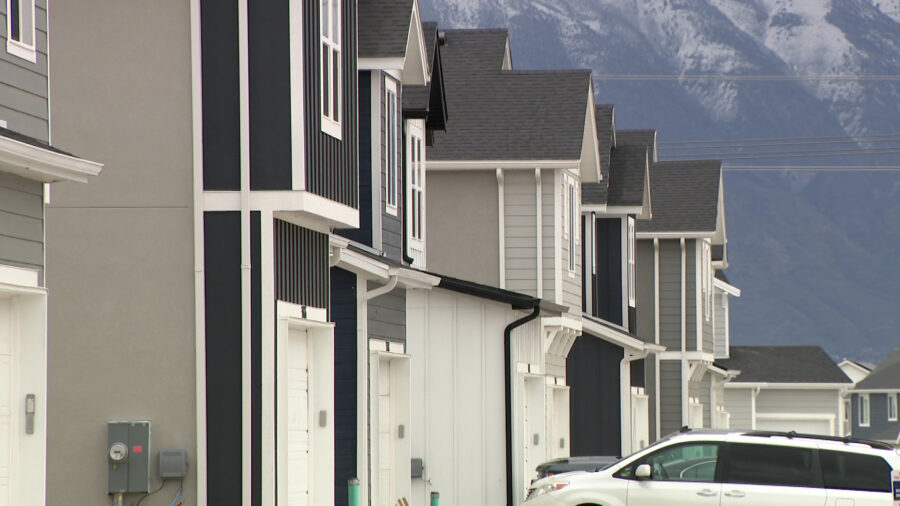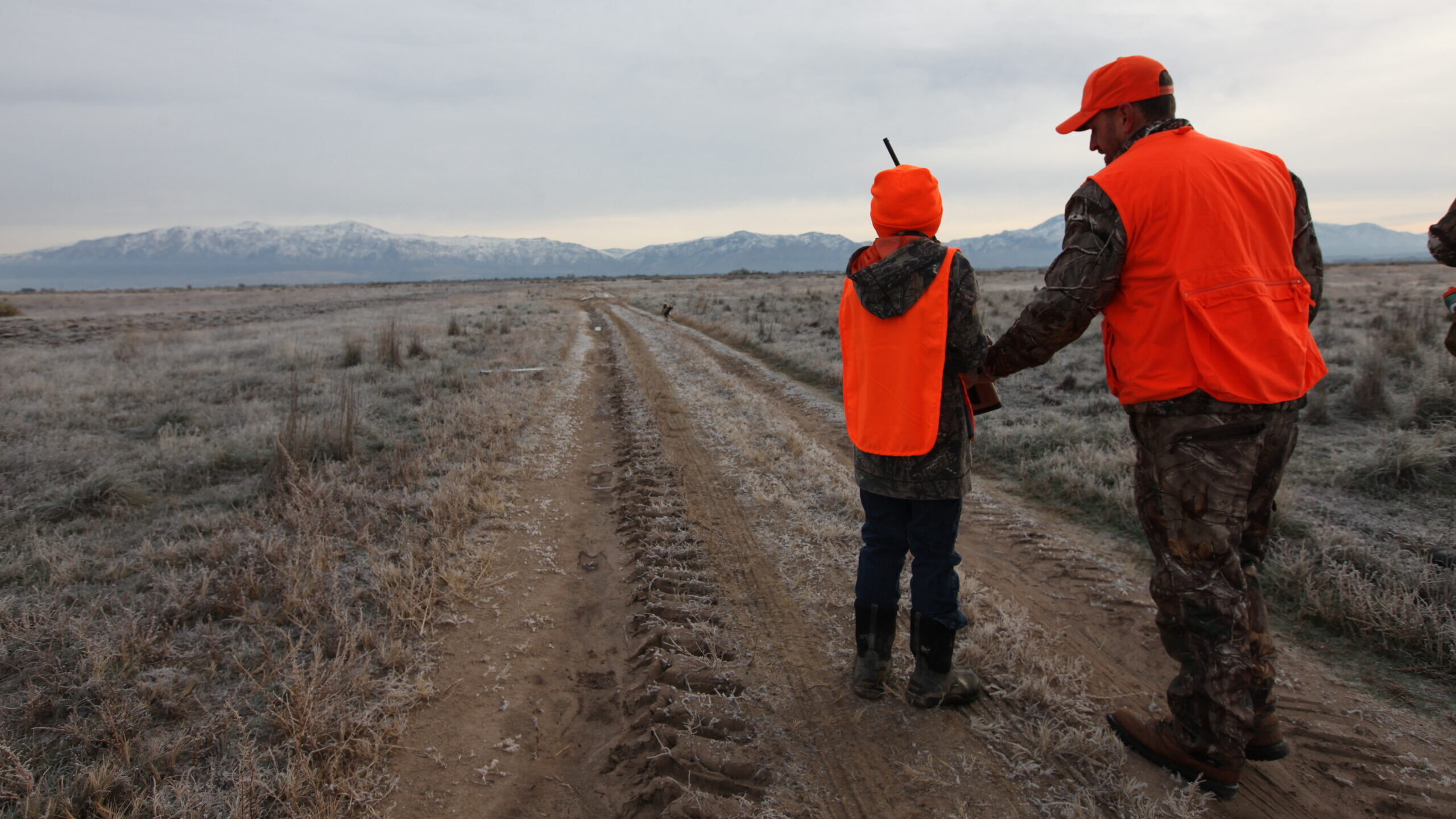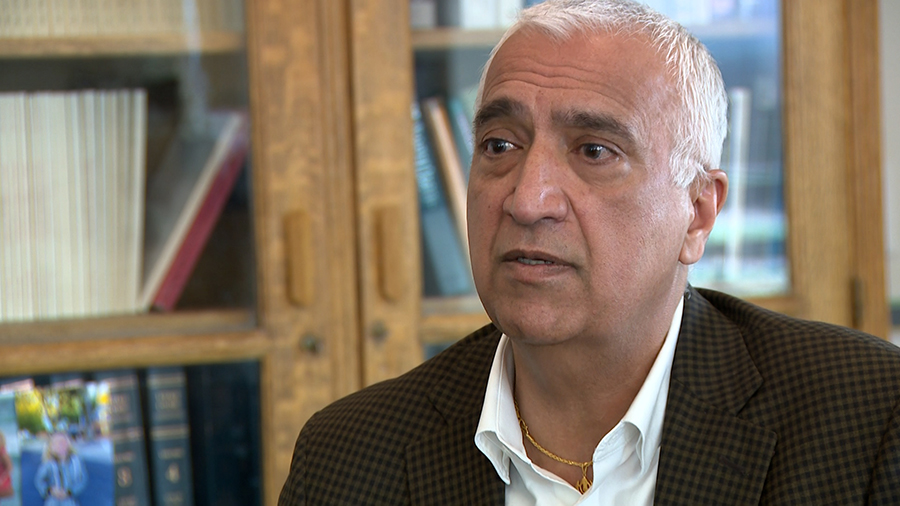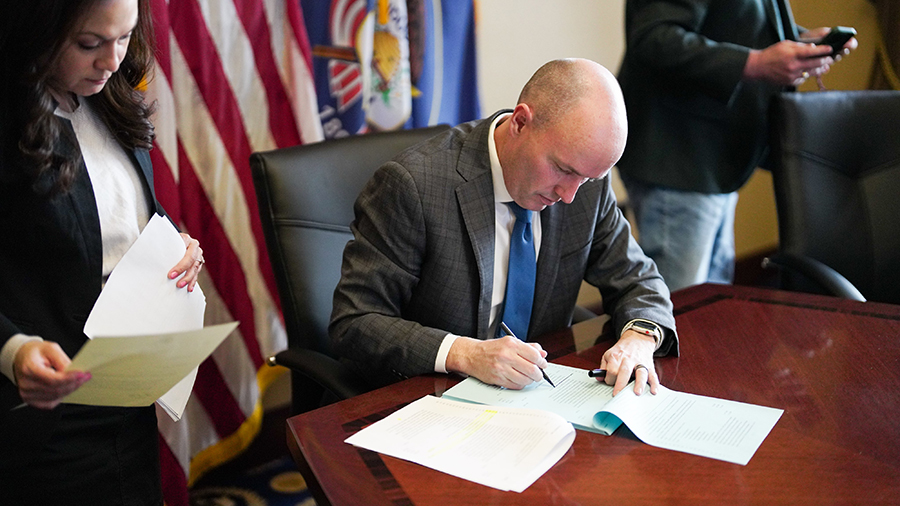Clergy protections for child abuse reporting approved by Utah Legislature
Mar 1, 2024, 9:06 AM
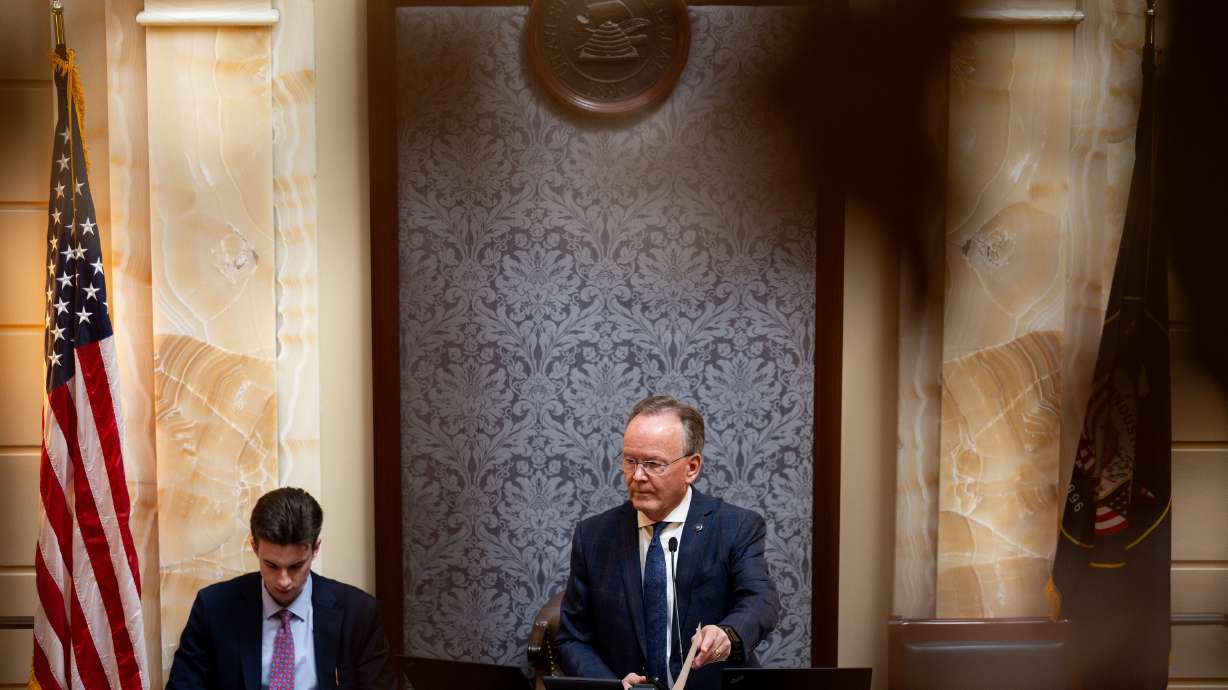
President Stuart Adams speaks at the state Capitol in Salt Lake City on Thursday. The Senate on Thursday approved HB432, which provides legal protection to clergy members who voluntarily report ongoing child abuse or neglect from confessions. (Megan Nielsen, Deseret News)
(Megan Nielsen, Deseret News)
SALT LAKE CITY — The Utah Legislature has given unanimous support to a bill providing legal protections to clergy members who report ongoing child abuse or neglect they learn of through confession, which has been praised for threading the needle between protecting young victims without infringing upon religious rights.
Rep. Anthony Loubet, R-Kearns, the bill sponsor, has described it as a “middle ground” by giving clergy the option of reporting abuse revealed during confession and protecting them from civil or criminal liability if they do. The protections apply only to situations where the clergy member believes the abuse to be ongoing, and would not cover abuse or neglect committed in the past.
“It’s imperative that we are able to provide protection for these children, and we’re trying to make it that way so that law enforcement can get involved (and) make sure these children are safe,” Loubet told his colleagues on the House floor on Feb. 16.
HB432 — which passed the Senate on Thursday and now heads to the governor’s desk for approval — is the latest effort to change Utah’s clergy-penitent privilege law, which exempts clergy from mandatory reporting requirements. Many religions, including the Catholic Church, consider confessions confidential, meaning clergy members who report abuse to law enforcement could face excommunication.
Opponents of clergy-penitent privilege have attempted to revoke it altogether in previous years, but those efforts have failed in light of concerns that it could force priests and other faith leaders to choose between complying with mandatory reporting laws or being excommunicated from their faith.
“What my bill is trying to do is to at least give (clergy members) those protections that others currently receive,” Loubet told KSL.com last month. “So if they report, they don’t have to worry about getting sued for failing to report or being aware of neglect or abuse or anything like that.”
Several prominent faiths, including The Church of Jesus Christ of Latter-day Saints, of which a majority of lawmakers are followers — were unopposed to the bill, helping it sail through the Legislature with ease.


